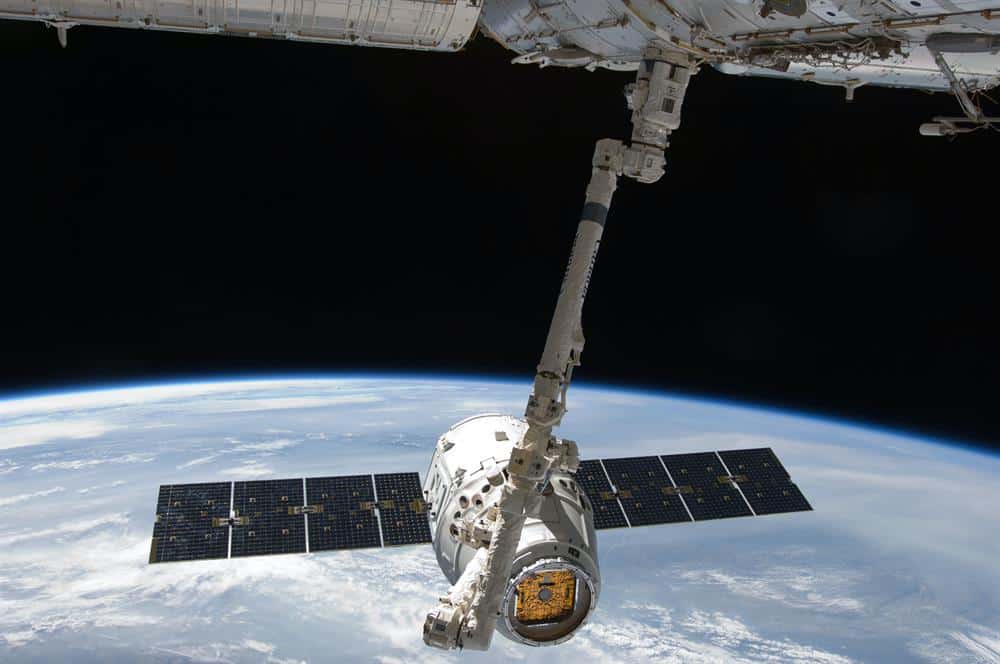
Our space program, which was recently featured on the BBC, is integral to our mission of producing quality and delicious food, independent of climate or availability of local natural resources. In space, we are coping with the most extreme conditions such as limited access to natural resources and zero gravity, and these constraints drive efficiency in our processes. Our research in space pushes us to develop closed-loop systems with minimum waste and minimum emissions that we can then implement in our mainstream operations on Earth.
It is well established that prolonged space exploration in space is limited by the ability to provide quality nutrition to astronauts. In an interview to the BBC, Dr. Karen Nyberg, a former NASA astronaut who’s now on our advisory board, elaborated on the crucial role that food plays in the psychological wellbeing of mission crews. “Food comes in these white bags that we just have to hydrate, like powdered milk. I was craving the smell of garlic saute and olive oil, and it’s just something we don’t have. Anything we can have to bring back home I think would be great,” said Karen to the BBC.
The space ecosystem has been looking for commercial solutions for production of fresh food in space because of the high shipping costs from Earth and the limited storage options on rockets. As Karen mentioned, in-situ production of fresh food in space will overcome some pressing challenges for the space crews as well. In continuation to our first experiment on the ISS in September 2019, and our latest experiment as part of the AX-1 mission, we’ve been developing frameworks for R&D with space agencies and partners who have been showing extreme interest in our findings.
As part of these R&D frameworks, we are evaluating synergies between different systems in space, and we believe that collaboration will be key to ensuring food security. For example, we want to be able to recycle the waste from the end product. Our cells need essential nutrients for their growth, and carbohydrates, vitamins, minerals, amino acids, and fatty acids are the raw material in the production of cultivated meat. Instead of shipping conventional meat from earth containing 70 percent water, astronauts will only ship the dehydrated nutrients that feed our cells, will dissolve them in recycled water from other space systems, and will produce their fresh cultivated steak locally.
The automated processes, and the sterile environment of our manufacturing on Earth and in space, will eliminate the need for antibiotics and will greatly reduce the risk for pathogens or contaminants. The cow cells will be shipped from earth in their sterile form inside small cryovials, and the dehydrated feed for the cells will be shipped in sterile form as well.
“Cellular agriculture continues to reach new heights thanks to space research, and it’s also an integral solution for further deep-space exploration,” said Dr. Neta Lavon, CTO of Aleph Farms. “The Rakia Mission as part of AX-1 represented a unique learning experience for our team at Aleph Farms, who are working tirelessly alongside our partners to adapt our cultivated meat production processes to the constraints imposed by the space environment in this mission.”
